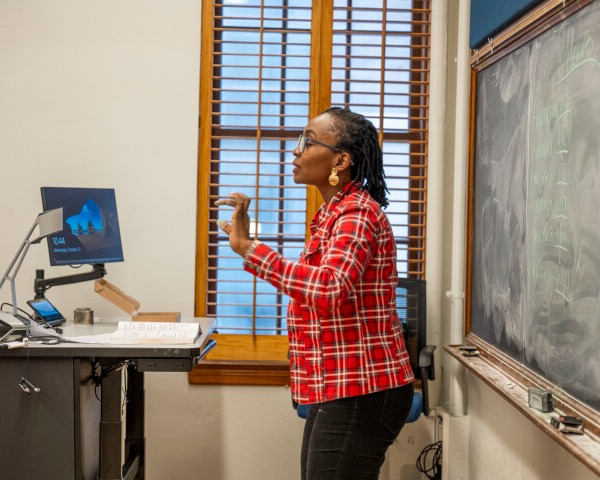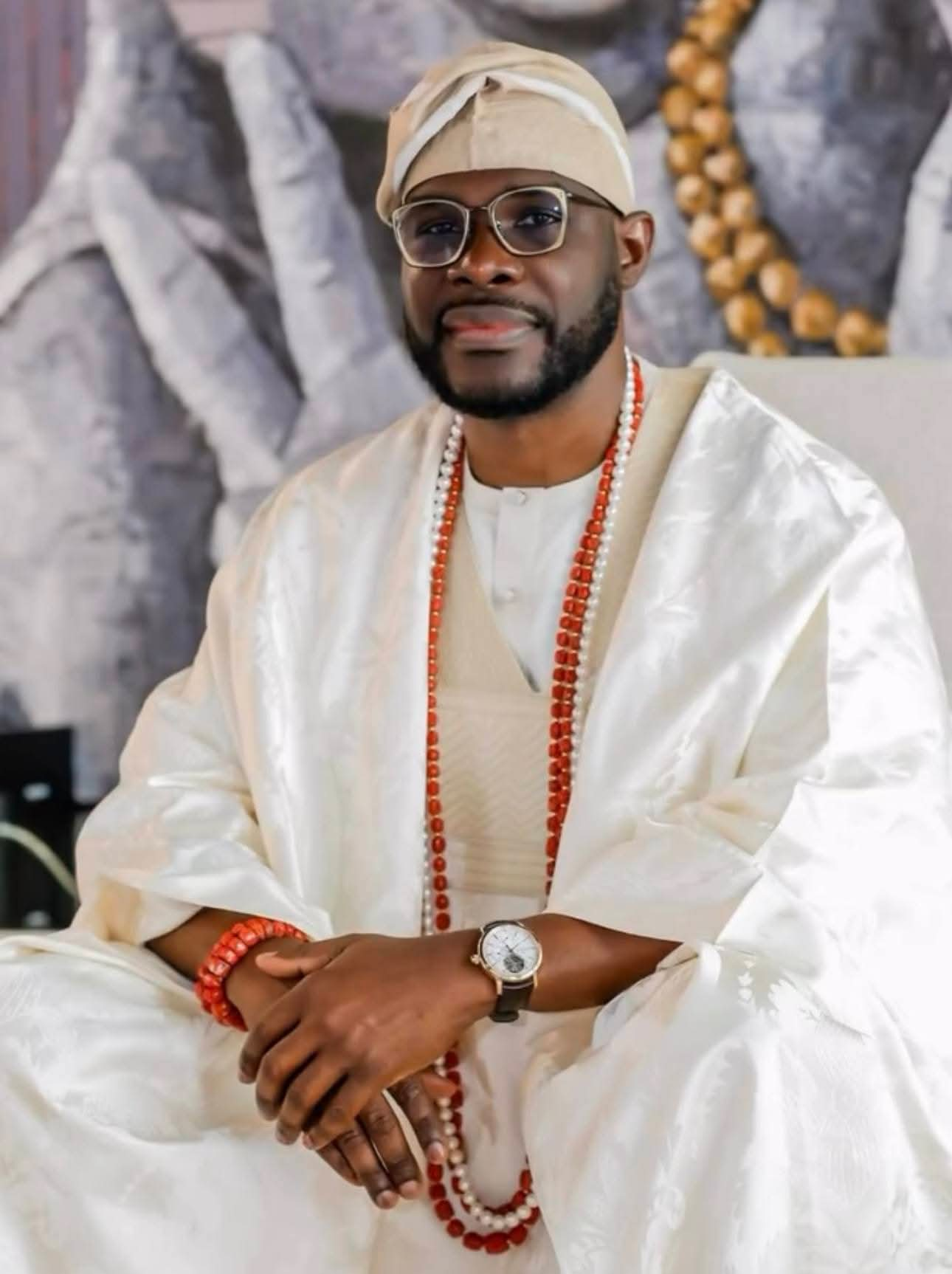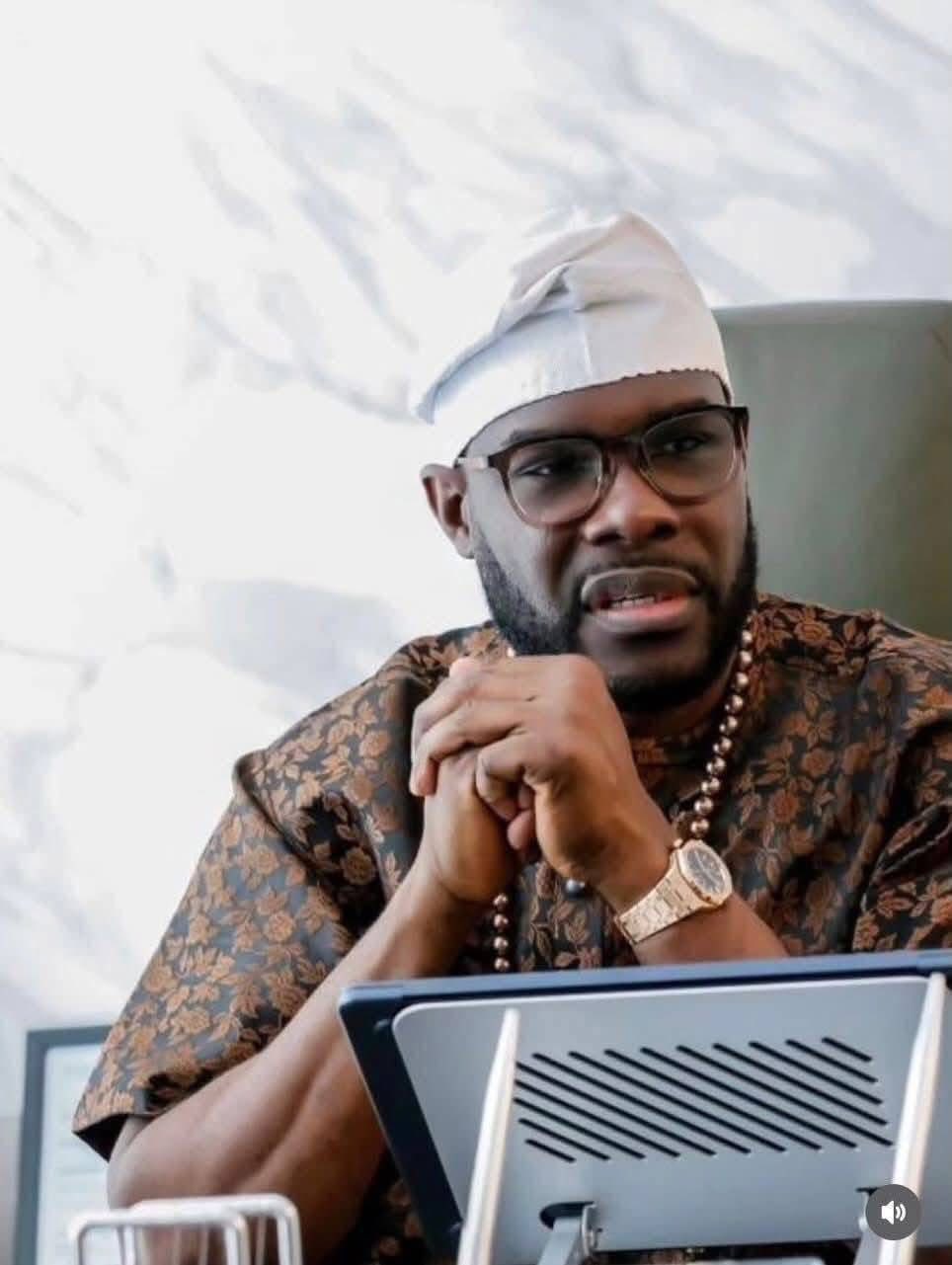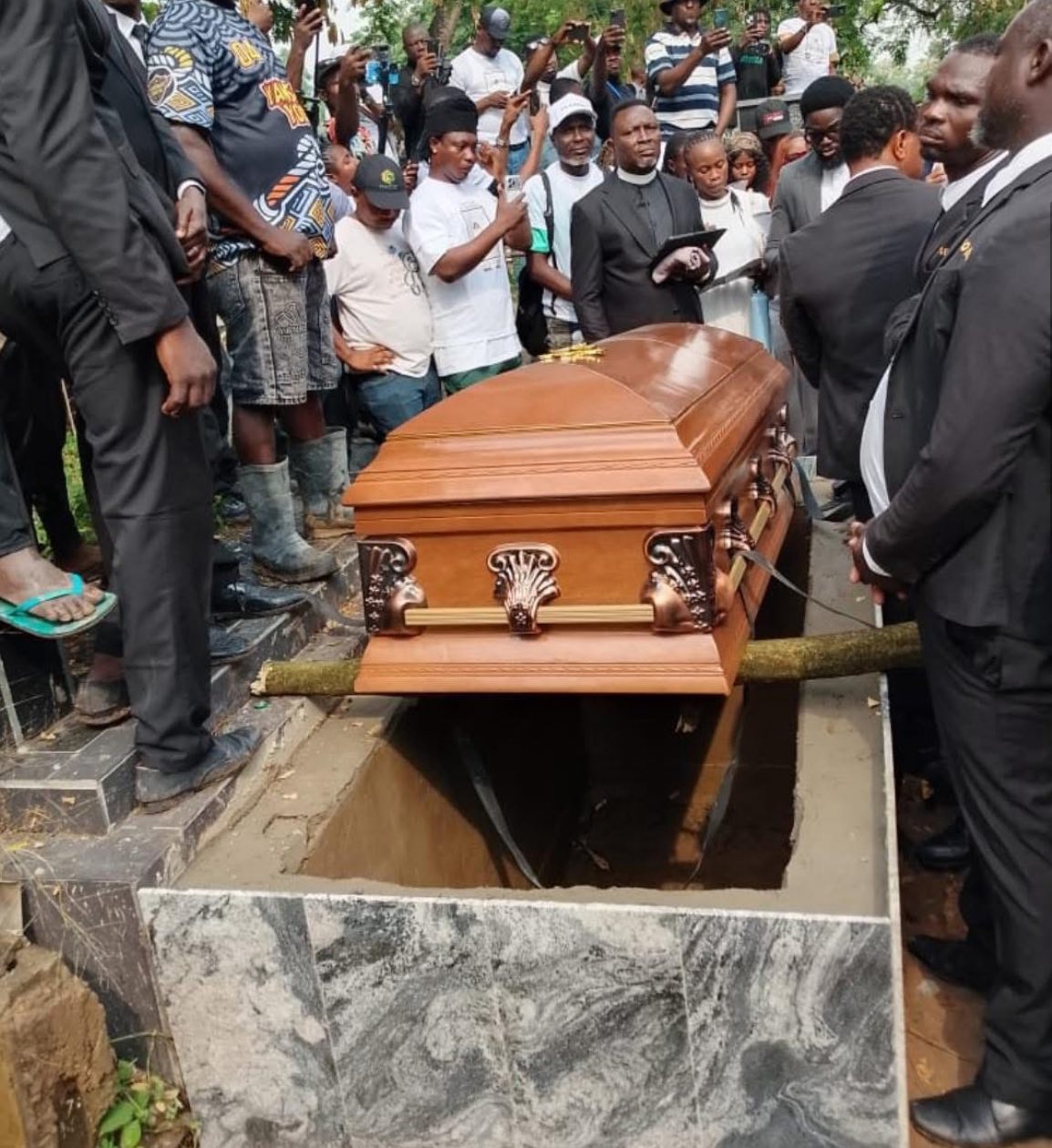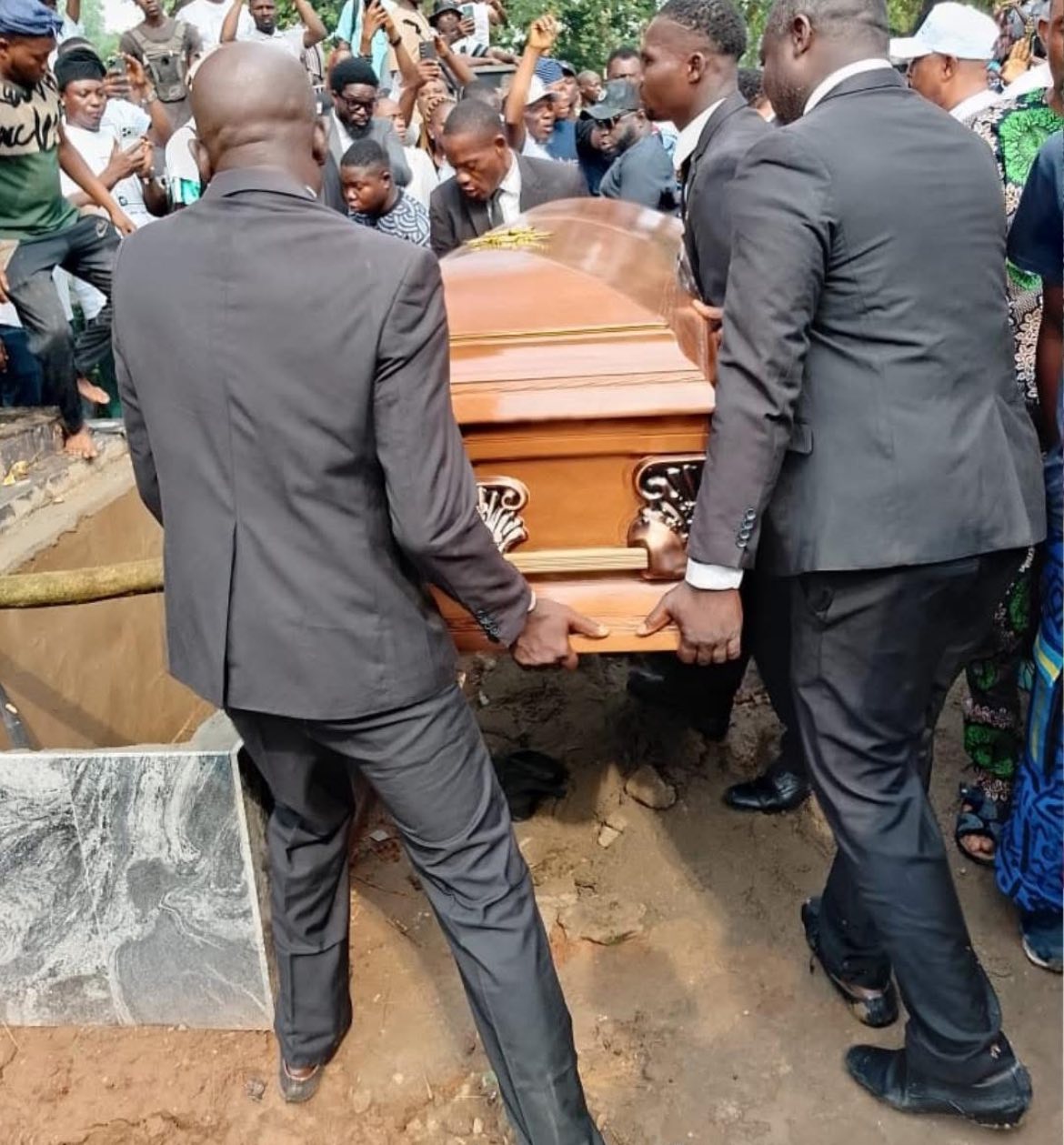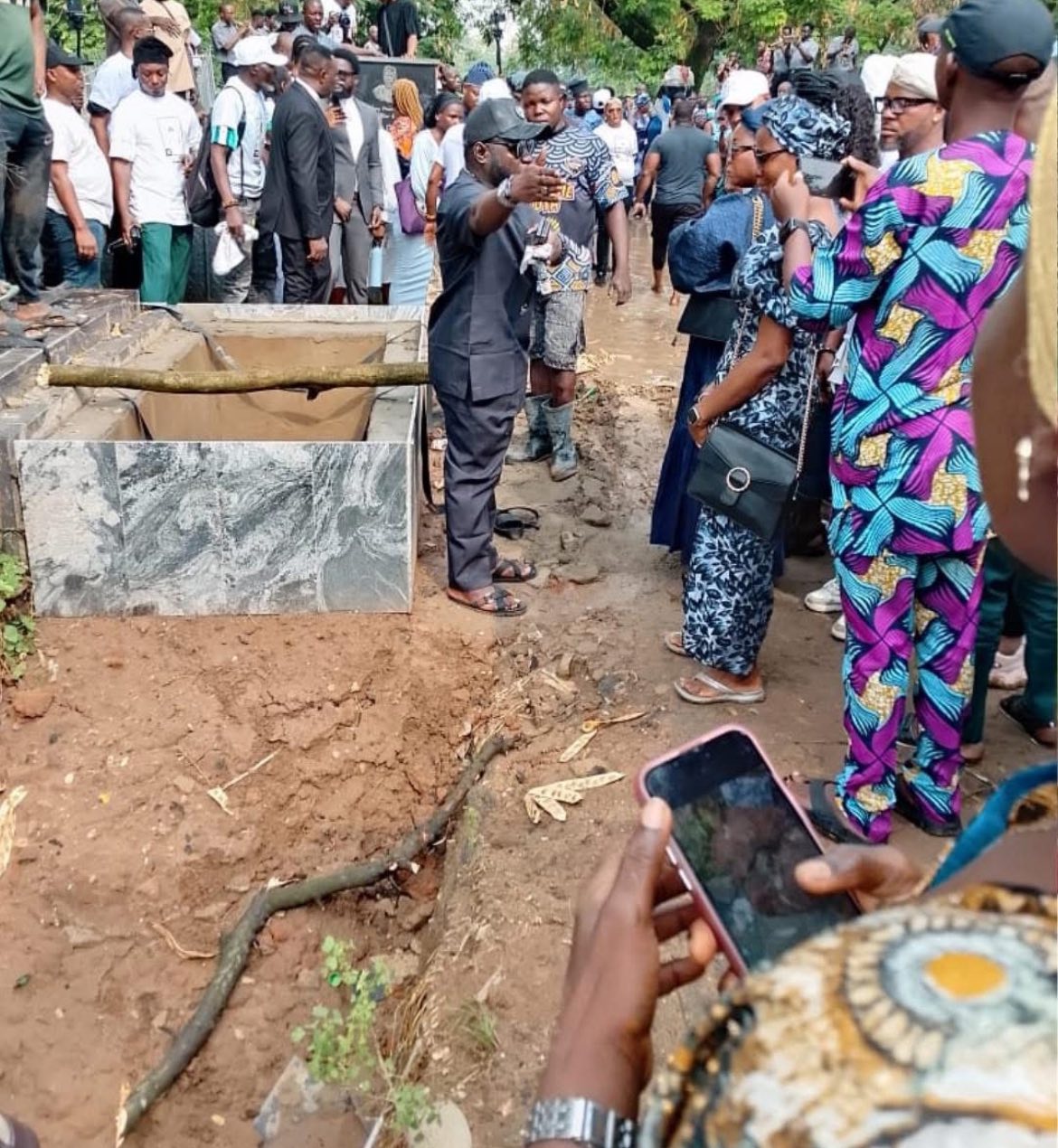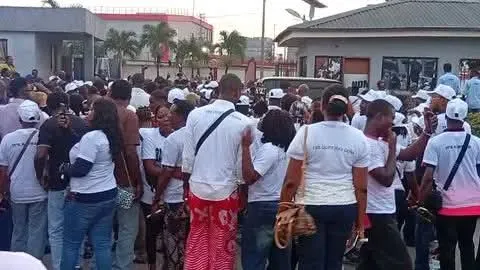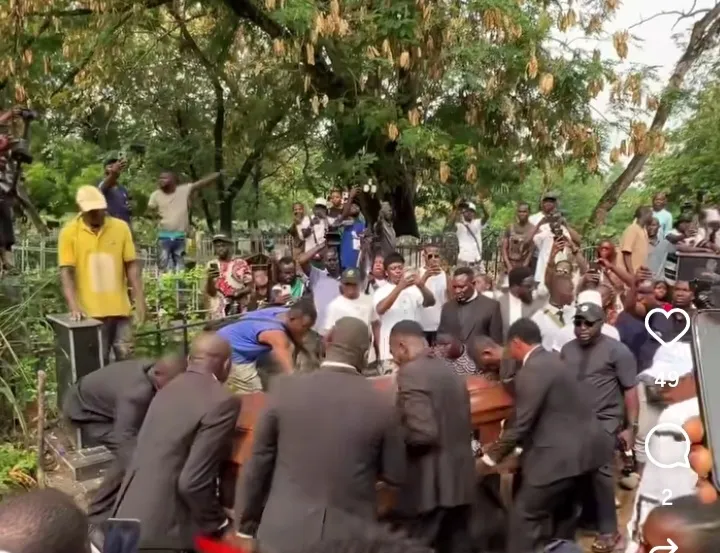In a bid to alleviate the uncertainties and tensions that prevail at the moment, the Federal Government recently announced a notable success rate in its fight against terrorism. They declared that they had recorded an 81 per cent reduction in terror-related deaths since 2015. The figures, said to be based on updates from the Department of State Services, also claimed that in the past year alone, more than 13,000 terrorists have been neutralised while over 124,000 fighters and their dependents have surrendered to authorities. We were also told that more than 2.1 million internally displaced people have been relocated back home from the IDP camps, and reconstruction efforts are ongoing. The government attributed that significant reduction in terror attacks to the improvement of counter-insurgency operations and enhanced collaboration between security agencies and the affected communities.
The figures are good, but Nigeria is not a place where one can simply trust the word of state security agencies. During the tenure of late Muhammadu Buhari, the government also once claimed to have “technically defeated” Boko Haram. Whatever that meant in simple English, only Buhari and his advisers could have understood it enough to explain it to the rest of us. Even more interesting is that the National Security Adviser, Nuhu Ribadu, assured us—just in April last year—that they have successfully reduced terrorism-related deaths by a whopping 90 per cent. How did Ribadu know this to be true? He based his claim on the price of AK-47s on the black market. According to him, the price of those deadly weapons had increased from between N500,000 to N1m in 2023 to about N5m and, and to him, that was an indication that the guns had become scarce due to the frequent government seizures. Perhaps if Ribadu had taken a little more time to think through the gauge he used to assess progress, it would have occurred to him that between 2023 and 2024, Nigeria also witnessed very high rates of inflation that spiked the prices of goods and services. This was, of course, due to the various policies (such as the removal of fuel subsidies and naira devaluation) of the administration in which Ribadu is presently serving. If the price of a bag of rice and other food staples could double or triple, what stops a destructive weapon from similarly responding to market forces?
Ribadu also based that “90 per cent” claim on the death tolls he claimed had dropped drastically. He said they used to record an average of 2,600 deaths in a month, but the figure had dropped to 200. He also announced that they had prosecuted close to 2,000 terrorists, with many of them convicted. Now, just 18 months later, the same people are now sharing figures that state an 81 per cent reduction in deaths. The more recent claim adds that over 124,000 fighters, along with their dependents, have surrendered to the authorities. Curiously, only 124 (which is a mere 0.1 per cent) have been convicted in the past year. That figure does not align with what Ribadu provided just last year, so have we progressed or regressed? The Global Terrorism Index still ranks Nigeria at number six, placing it in distinguished company alongside countries such as Pakistan, Mali, and others. That is not where we should be after many years of fighting terror. What really does it mean to “neutralise” 13,000 terrorists? What is the afterlife of the “neutralisation” programme and the “surrender” of these supposedly neutered terrorists? Do they return to their villages to beat their guns into farming implements, or do they later backslide for want of more thrilling things to do with their life? The figures of progress the government has been providing for us obscure the truth more than they clarify it.
The meaning of progress should not be morbidly measured by the percentage of deaths or the price of AK-47S, but by generating a vision of a terror-free Nigeria. What is a post-terror Nigeria supposed to look like? For us not to be condemned to circling the mountain of insecurity infinitely, we must reorient ourselves to think beyond death and dying to life and living.
We must also be able to envision what life ought to look like without terror, banditry, and all the assorted ways Nigerians routinely get killed. All our efforts cannot—and should not—be about stopping deaths but enhancing life. When we get so fixated on how many dead bodies we pick up every month, we not only set a low bar of victory, but we also provide a cheap escape means for those who have the responsibility of reforming Nigeria. Their best efforts will simply be channelled into miscounting the dead just so they can claim some victory. That is why there is a discrepancy between the figures on which the government planks its victory and the actual real-life experiences of Nigerians who are regularly assailed with reports of violence and have to conduct mass burials and/or be moved to IDP camps.
Rather than being locked into an eternal bickering over what is true or false, we should set a different standard. The utopian vision that should motivate the fight against terrorism and other forms of insecurity should not be about the number of dead people but about how Nigerians would live in a post-terror Nigeria. What would our lives look like if we were able to eliminate terror? One thing we know for sure is that life in post-terror Nigeria cannot—and must not—be as we used to live it before all these started. No, we must be able to live much better lives. That, of course, means that the structural factors that gave rise to the present situation must be confronted. We must examine where the rain first began to beat us and continued to beat us.
Nigeria is currently embroiled in a war, but is also incubating many potential conflicts simultaneously. If you think the terrorists and bandits are already a huge problem, please know that we have not seen anything yet, given the growing number of street urchins growing up outside the civilising force of family and community. This out-of-school population is maturing biologically, but is uneducated, unskilled, and unprepared for life. At a point, they will turn against the country that failed them, and we will never progress beyond counting dead bodies and pricing AK-47S. We must think differently about our problems and their solutions. The mindset that created these problems cannot solve them; we must consider the wholesale regeneration of our society, which has become stagnant and stale.
The endpoint of fighting insecurity in Nigeria must not be an endless chasing after the disillusioned people who have finally found a moral purpose that redeems their otherwise humdrum existence to disarm them. The goal must be to envision a new life full of abundant possibilities for Nigerians. We must stop thinking of death and start working towards making life. Our motivation for fighting insecurity should not be about reducing deaths by spurious percentages but about creating a life where people can flourish. People must have hope, faith, and the ability to exercise their free will. Our people in every part of the country must be able to live securely, in dignity and freedom, and with fear banished. We must be able to imagine ourselves living like the free and dignified subjects God made us to be, not the perennially pitiable subjects who are either dying or warding off death.
punch.ng
FOLLOW US ON:

